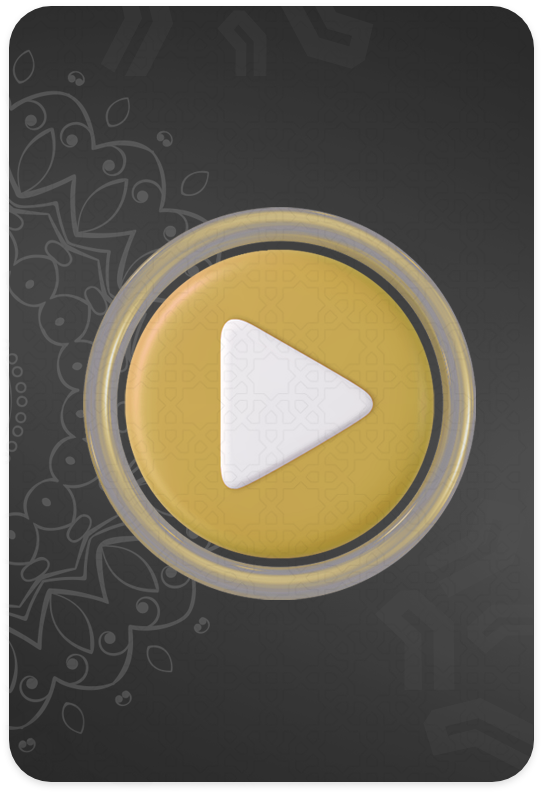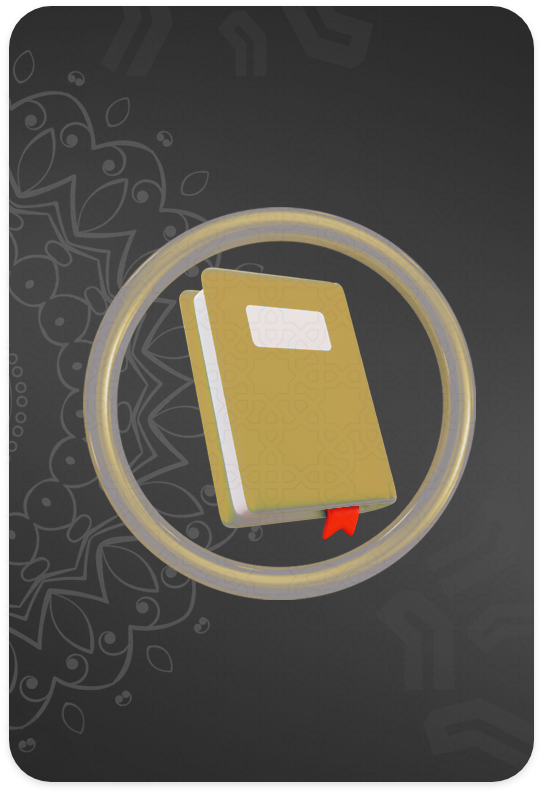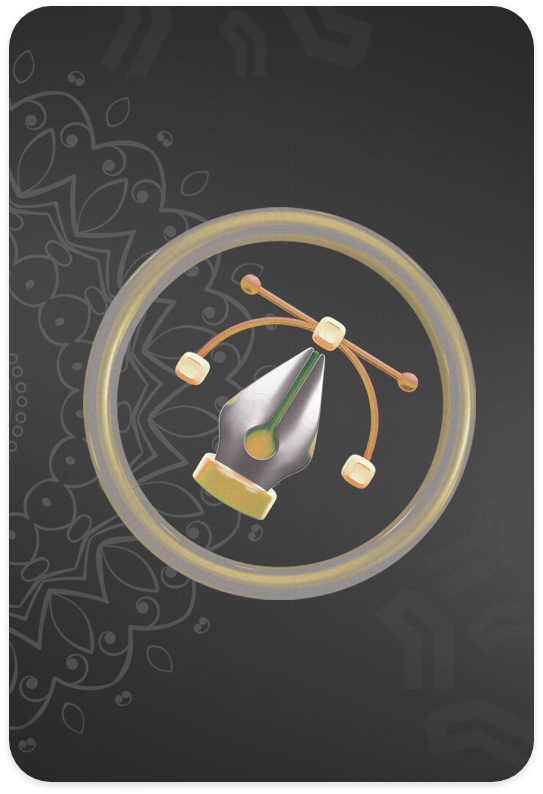The Middle Hour
This subject translated into
Categories
Sources
Full Description
The middle hour
الساعة الوسطى
[ إنجليزي - English ]
Sheikh Muhammad Salih Al-Munajjid
محمد صالح المنجد
Translation: Islam Question and Answer website
Format: Islamhouse website
ترجمة: موقع الإسلام سؤال وجواب
تنسيق: موقع islamhouse
2012 - 1434
The middle hour
I was reading the Signs of Last Hour in the below Islamic website. I came across a Hadith given in the website which is as follows :
[Some Ahadith report that the Prophet was asked about the Hour. He looked towards a young boy and said, "If he lives, he will not grow very old before he sees your Last Hour coming to you." By this he meant their death and entering the Hereafter, because everyone who dies enters the Hereafter; some people say that when a person has died, his judgment has begun. This Hadith with this meaning is "correct" (Sahih)]
Does that Hadith means that the Last Hour will begin before the young boy turns old. Please advise if the above interpretation of Hadith as mentioned in the website is right or not. I am quite confused so kindly elaborate the true meaning of this Hadith.
Praise be to Allaah.
This hadeeth has been narrated in al-Saheehayn in several versions, such as that narrated by al-Bukhaari (6146) and Muslim (2952) from 'Aa'ishah (may Allaah be pleased with her) who said: “Some tough men among the Bedouin came to the Prophet (peace and blessings of Allaah be upon him) and asked him when the Hour would be. He would look at the youngest of them and say: 'If this one lives, old age will not catch up with him until your Hour begins.'" Hishaam [one of the narrators of the hadeeth] said: This means their death.
The hadeeth is quite clear: what is meant is that the Hour of these people, i.e., their death, was something that was close at hand, and would happen when this youngster grew old. This hadeeth does not refer to the greater Hour which is the Day of Resurrection.
Al-Qaadi said: What was meant by “your Hour" was their death; it meant that that generation would die, or that those who were being addressed would die.
Quoted from Sharh Muslim by al-Nawawi.
Al-Karmaani said: This answer was very wise, i.e., it was a wise way of telling them not to ask about the time of the greater Hour, for no one knows that except Allaah; rather they should ask about the time when their generation would come to an end; it is more appropriate to know this because it will motivate you to keep doing righteous deeds before it is too late, because none of you knows who will die before the other.
Al-Raaghib al-Isfahaani said: The word saa'ah (hour) means a portion of time and is used to refer to the Resurrection, to indicate that the Reckoning will be very swift. Allaah says (interpretation of the meaning):
“and He is the Swiftest in taking account" [al-An'aam 6:62]
Or it may indicate the meaning stated in the following verse (interpretation of the meaning):
“On the Day when they will see that (torment) with which they are promised (i.e. threatened, it will be) as if they had not stayed more than an hour in a single day" [al-Ahqaaf 46:35]
The word saa'ah is used to refer to three things: al-saa'ah al-kubra (the greater Hour), which is when the people will be resurrected to face the Reckoning; al-saa'ah al-wusta (the middle Hour) which is the death of a generation; and al-saa'ah al-sughra (the lesser hour) which is a person's death. So the Hour of each person is his death.
From Fath al-Baari.
And Allaah knows best.

 API
API



